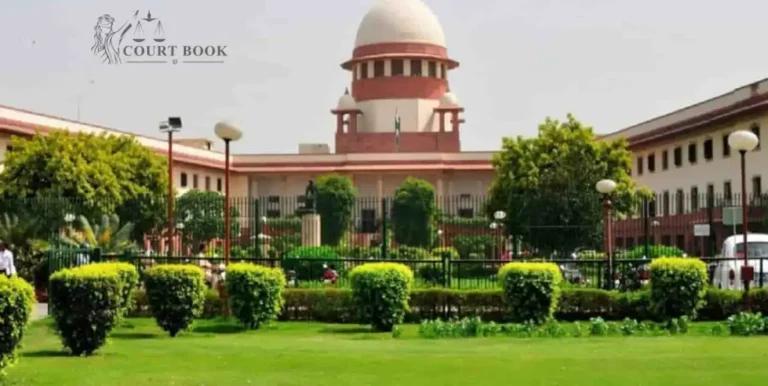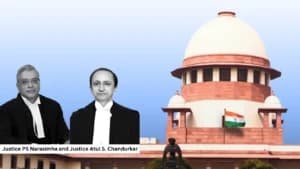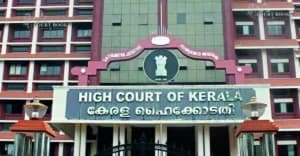The Supreme Court of India has issued a significant directive requiring petitioners seeking bail to mandatorily disclose their criminal history in their petitions. This move aims to ensure transparency and prevent the misuse of the legal process.
Mandatory Disclosure: Petitioners must clearly state in the 'Synopsis' of their Special Leave Petition (Criminal) whether they have clean antecedents or if they are involved in any criminal cases. If involved, they must provide details of the cases, including the current stage of proceedings.
Consequences of Non-Disclosure: If the disclosure is found to be false or incomplete later, the petition will be dismissed.
Institutional Interest: The Court emphasized that this step is necessary to uphold the integrity of judicial proceedings and prevent abuse.
Background of the Case
The ruling came during the hearing of Munnesh v. State of Uttar Pradesh, where the petitioner had failed to disclose his criminal history, including a prior conviction under Sections 379 and 411 of the Indian Penal Code (IPC). The Court noted that such omissions mislead the judiciary and delay justice.
Court's Observation:
"Had the petitioner’s criminal history been disclosed in the special leave petition, we wonder whether notice on it would have at all been issued."
The bench, comprising Justices Dipankar Datta and Manmohan, observed a troubling trend where individuals seeking bail or protection from arrest often hide their criminal past. This forces the Court to issue notices based on incomplete information, only to discover the truth later through counter-affidavits filed by the State.
Court's Statement:
"This Court has shown leniency in the past, but we think it is time that such state of affairs is not allowed to continue further."
Read Also:- Works Contract for Track Doubling & Infrastructure Under RVNL Liable to 12% GST: Madras High Court
The Court has now mandated that all future petitions must include:
- A clear declaration of the petitioner's criminal antecedents.
- Details of any pending or closed criminal cases, including the stage of proceedings.
The Registry has been instructed to circulate this order widely to ensure compliance.
While acknowledging that the new rules may cause inconvenience, the Court stressed the importance of maintaining the sanctity of legal proceedings. Earlier directives, such as those in Kulwinder Singh v. State of Punjab and Sheikh Bhola v. State of Bihar, had failed to curb non-disclosure, prompting stricter measures.
Court's Final Remark:
"We have proceeded to make the aforesaid direction in the institutional interest so that proceedings before this Court are not taken lightly by those who choose to approach it and the process of law is not abused."
The Court directed the Registry to bring these directions to the notice of every one.
Case : Munnesh v State of UP















